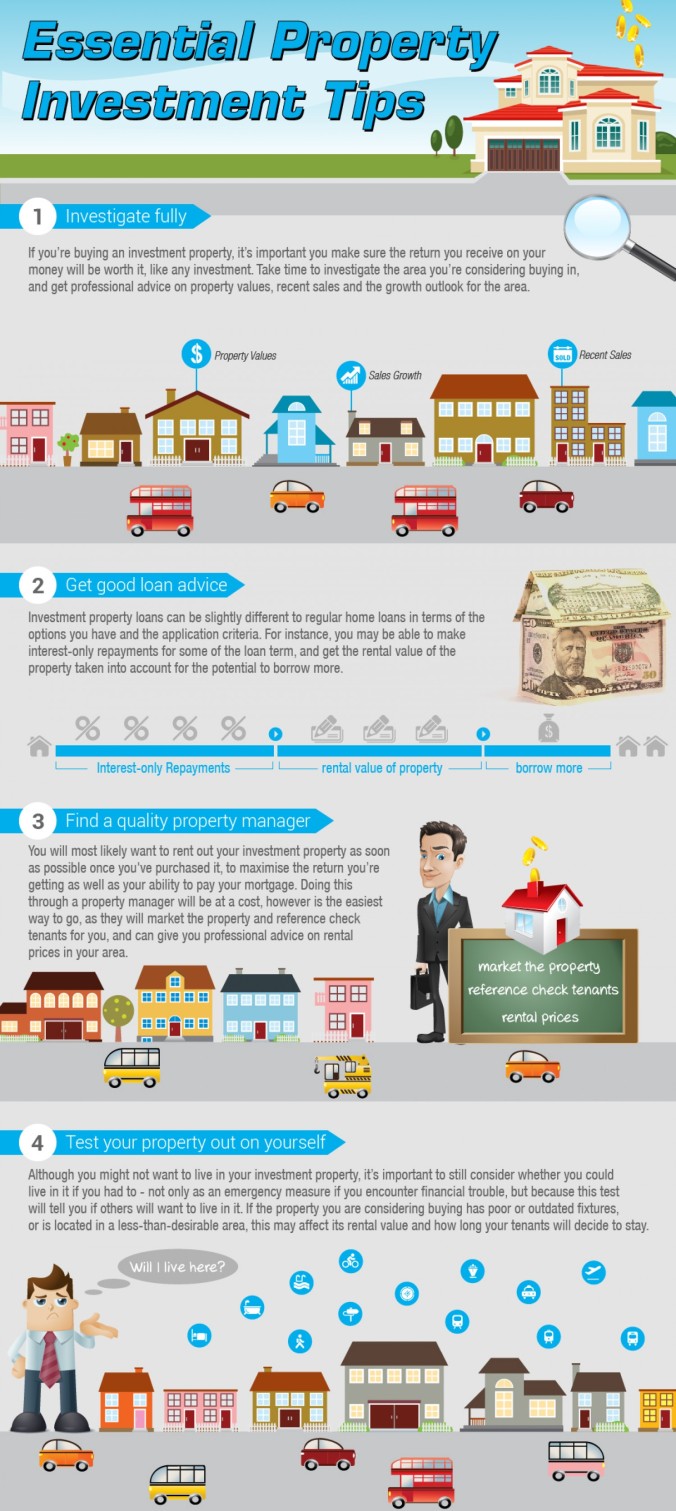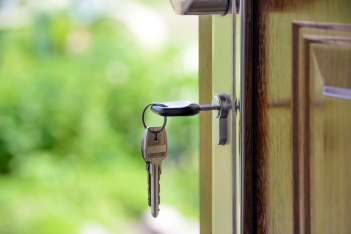 With the rising cost of real estate, many people feel that now is a good time to buy a home to ensure a good financial future. However, if you haven’t saved up enough money to make a down payment, it’s possible you may be considering whether or not you should borrow the funds. If you’re considering a loan from friends or family, here are some points you may want to think about before asking for a loan.
With the rising cost of real estate, many people feel that now is a good time to buy a home to ensure a good financial future. However, if you haven’t saved up enough money to make a down payment, it’s possible you may be considering whether or not you should borrow the funds. If you’re considering a loan from friends or family, here are some points you may want to think about before asking for a loan.
Getting Out Of The Rental Market
With even the rental market seeing huge increases in its rental rates, buying a home can be an even more beneficial purchase then ever. While your rental cheque is gone once you’ve paid it each month, payments on your mortgage will become a part of the wealth you’re building and the equity in your home. It’s just important to consider the property taxes and maintenance that go along with purchasing a home beforehand, as these added costs might end up making for a poor investment if they’re too costly.
Saving Money On Insurance
You may have heard many different things about the percentage your down payment should be, but because you will have to pay mortgage default insurance if you put less than 20% down, it can be an added boon to borrow the additional funds needed. While borrowing the money can be great in terms of lowering your monthly payment and making your home less costly in the end, it can also cause financial strain for you since you’ll have to pay back the funds over time.
Testing Your Relationships
It goes without saying that money can often times get between people, and when it comes to borrowing a significant sum of money from family or friends, this can improve your relationship or even cause a rift. While you may be willing to take this risk if you have no concerns about paying those who have lent you money back, if something arises and you’re unable to give back the funds, this can create issues that may be more problematic than renting a little longer.
Many people consider borrowing the money for their down payment in order to come up with the 20%, but it’s important to consider what borrowing this money can mean for your financial future and your personal relationships. If you’re currently looking into a new home, you may want to contact one of our mortgage professionals for more information.
 Selling your home can be an extremely emotional process, but it’s important that you don’t let your emotions get the best of you. Learn which common mistakes emotional sellers make when selling their home so that you can identify them during your own sale and overcome them before it’s too late.
Selling your home can be an extremely emotional process, but it’s important that you don’t let your emotions get the best of you. Learn which common mistakes emotional sellers make when selling their home so that you can identify them during your own sale and overcome them before it’s too late. Purchasing a plot of land can be one of the best investments to make. A landowner has great (but not unlimited) freedom in how to develop their plot, and land never expires so its potential is essentially infinite. That said, buying undeveloped or vacant land can be risky business, so read on to find tips on purchasing a plot.
Purchasing a plot of land can be one of the best investments to make. A landowner has great (but not unlimited) freedom in how to develop their plot, and land never expires so its potential is essentially infinite. That said, buying undeveloped or vacant land can be risky business, so read on to find tips on purchasing a plot.




 Like in a relationship, the foundation of a house is integral, and must be strong. There are many reasons why a house’s foundation might crack or shift – including temperature variances in the soil surrounding it, since earth expands in heat and contracts in cold. But whatever the reason, there are certain steps to follow when addressing concerns about your house’s foundation.
Like in a relationship, the foundation of a house is integral, and must be strong. There are many reasons why a house’s foundation might crack or shift – including temperature variances in the soil surrounding it, since earth expands in heat and contracts in cold. But whatever the reason, there are certain steps to follow when addressing concerns about your house’s foundation. There are so many details that lead up to the purchase of your dream home that it can be hard to realize it when the closing day is finally upon you. However, when closing day finally arrives, there will still be a few last minute details that need to be taken care of. If you’re getting ready to solidify your home purchase and are wondering about the remaining paperwork and any unknown details, here are some things you can expect when it comes to making your purchase complete.
There are so many details that lead up to the purchase of your dream home that it can be hard to realize it when the closing day is finally upon you. However, when closing day finally arrives, there will still be a few last minute details that need to be taken care of. If you’re getting ready to solidify your home purchase and are wondering about the remaining paperwork and any unknown details, here are some things you can expect when it comes to making your purchase complete.